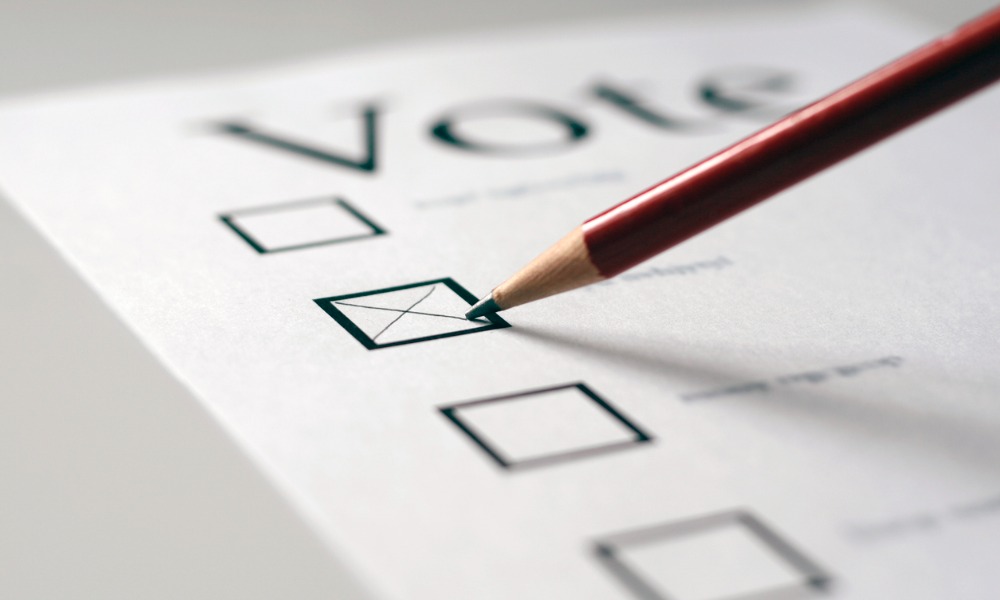
There is insufficient evidence to prove that his actions affected the election's integrity: court

The Federal Court dismissed a challenge against Clinton Key's election as Chief of the Key First Nation (KFN), asserting the election's integrity against misconduct claims.
In Brass v. Key First Nation, 2024 FC 304, Shannon Brass, an elector and contender in the election, had contested Key's victory, alleging electoral misconduct aimed at influencing the election outcome. Brass accused Key of engaging in prohibited practices under the First Nations Elections Act (FNEA), specifically criticizing financial transactions and promises of employment as a means to sway voters.
Despite these allegations, the court found the evidence insufficient to prove such actions significantly affected the election's integrity, as required for annulment under FNEA standards. The case hinged on allegations of financial assistance provided to voters, including payments to Amanda O'Soup, suggesting an attempt to buy her vote.
However, the Federal Court concluded that the evidence presented did not demonstrate a clear, convincing, and cogent link between the alleged actions and an undue influence on the election's outcome. The court underscored the importance of maintaining electoral integrity within First Nations communities, distinguishing between permissible electoral promises and actions that could undermine democratic processes.
The court examined the balance between addressing valid concerns about electoral integrity and avoiding excessive interference in the electoral outcomes of sovereign communities. The court also highlighted the complexities surrounding electoral assistance and promises within First Nations elections. It emphasized the necessity for transparent, fair, and respectful electoral processes, aligning with democratic values and ensuring the legitimacy of First Nations governance.
The court analyzed the allegations, especially focusing on the payments made to O'Soup. It concluded that although financial assistance did occur, it did not constitute a grave enough violation to annul the election under the FNEA.
The court’s judgment shed light on the broader issue of electoral assistance in First Nations communities and called for formalizing processes granting assistance to dispel suspicions and ensure fairness in electoral campaigns. The court's decision encouraged candidates to refrain from providing financial assistance during election campaigns, recognizing that such practices could appear improper, even without malicious intent.